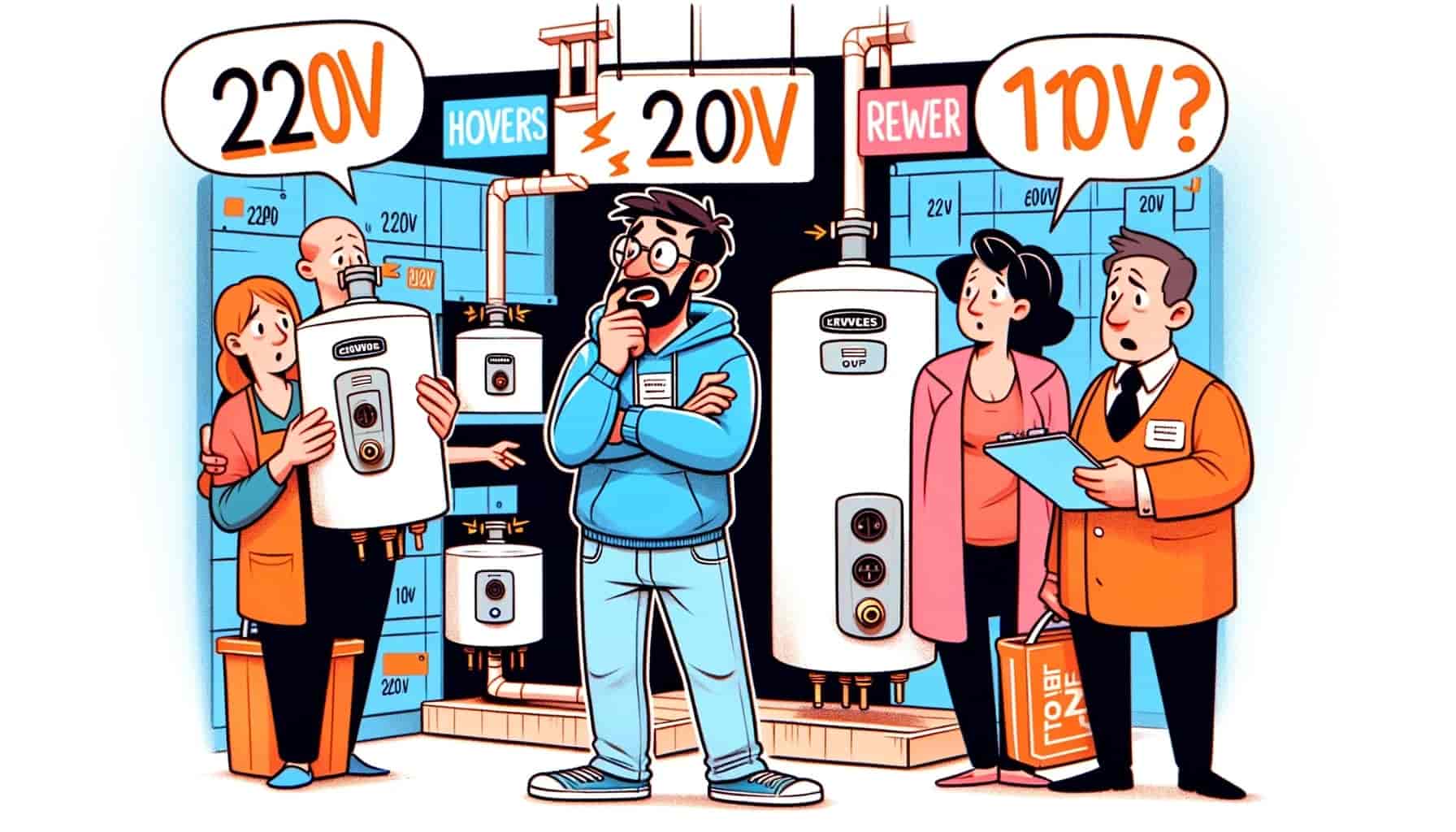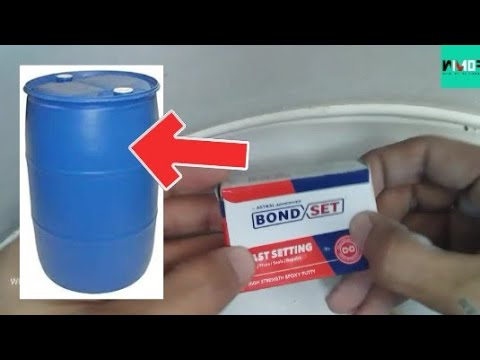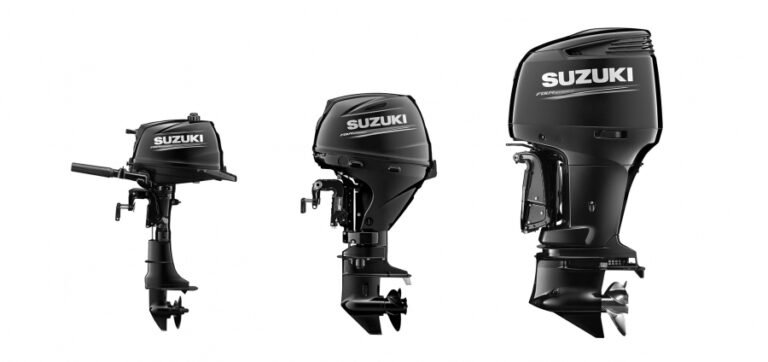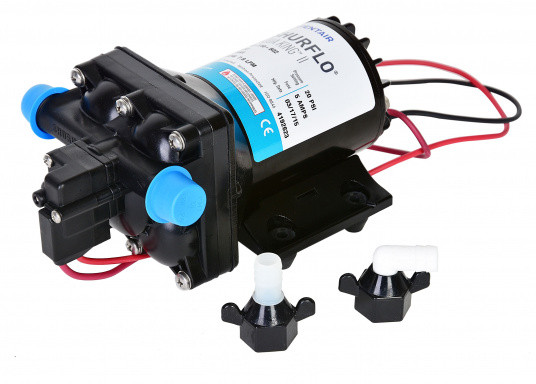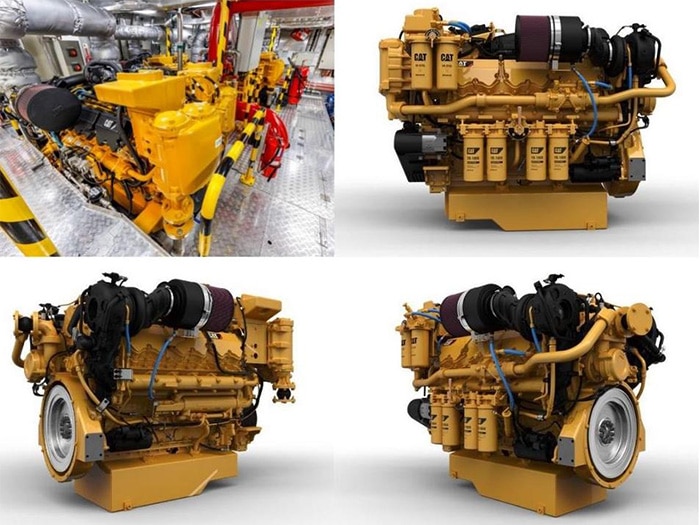Are Hot Water Heaters 220 Or 110? Know the Power Connection Requirements!
Hot water heaters can be either 220 or 110 volts. The voltage depends on the specific model and type of hot water heater.
When it comes to hot water heaters, it’s important to know the correct voltage requirements, as using the wrong voltage can cause damage and potentially be dangerous. Hot water heaters are typically labeled with their voltage requirements, so it’s crucial to check the specifications of the specific model you are dealing with.
These specifications will indicate whether the hot water heater requires a 220-volt or 110-volt electrical connection. By ensuring the proper voltage, you can safely and effectively heat water for your household needs.
Key Factors For Determining Hot Water Heater Power Connection Requirements
When determining the power connection requirements for a hot water heater, voltage consideration is a key factor. Most hot water heaters in residential settings require 240 volts for proper operation. This higher voltage allows the heater to generate enough heat to meet the demands of supplying hot water to the household.
In terms of electrical circuit capacity, the higher voltage requirement of 240 volts may necessitate a dedicated circuit for the hot water heater. This dedicated circuit ensures that the heater has sufficient power supply without overloading the electrical system.
For power connection options, a hot water heater generally requires a 240-volt electrical supply. However, it is essential to consult the manufacturer’s specifications and local electrical codes for specific requirements.
Voltage Consideration For Hot Water Heaters
When choosing a voltage for a hot water heater, it’s important to understand the difference between 220 and 110 volts.
220 volts: This higher voltage option is commonly used for larger hot water heaters. It provides faster heating and better performance. However, it may require a dedicated circuit and professional installation.
110 volts: This lower voltage option is suitable for smaller hot water heaters. It is easier to install and may not require a dedicated circuit. However, it may take longer to heat the water and may not be as efficient.
Factors to consider when choosing the voltage for your hot water heater include the size of the heater, available power supply, and your specific needs and preferences. It’s recommended to consult a professional electrician to ensure the proper voltage selection and installation.
Electrical Circuit Capacity For Hot Water Heaters
When installing a hot water heater, it’s important to assess the existing circuitry in your home to ensure it can handle the electrical demand. The capacity of hot water heaters can vary, with some requiring a 220V circuit and others needing only a 110V circuit.
If your current circuitry is already equipped for a 220V hot water heater, you’re good to go. However, if you only have a 110V circuit, you may need to upgrade your electrical capacity to accommodate the higher voltage requirement.
Upgrading your electrical circuit can be done by a licensed electrician, who will assess your home’s electrical system and make necessary modifications. This may involve installing a new circuit breaker panel or running additional wiring to support the higher capacity.
Power Connection Options For Hot Water Heaters
When it comes to power connection options for hot water heaters, you have two choices: a hardwired connection or a plug-and-cord connection.
A hardwired connection involves directly connecting the hot water heater to the electrical system of your home. This option provides a permanent and secure connection. However, it requires professional installation and may be more difficult to modify or move in the future.
On the other hand, a plug-and-cord connection allows for easier installation and mobility. You can simply plug the hot water heater into a standard electrical outlet. This option is more flexible and convenient, but it may require an extension cord or special outlet if the heater’s voltage exceeds the standard 110 volts.
When considering power connection options for your hot water heater, it’s important to weigh the pros and cons of each. Hardwired connections offer a secure and permanent solution, while plug and cord connections provide greater flexibility and ease of installation.
Regardless of the power connection option you choose, safety considerations are essential. Always follow the manufacturer’s instructions and consult with a professional electrician to ensure proper installation and adherence to building codes.
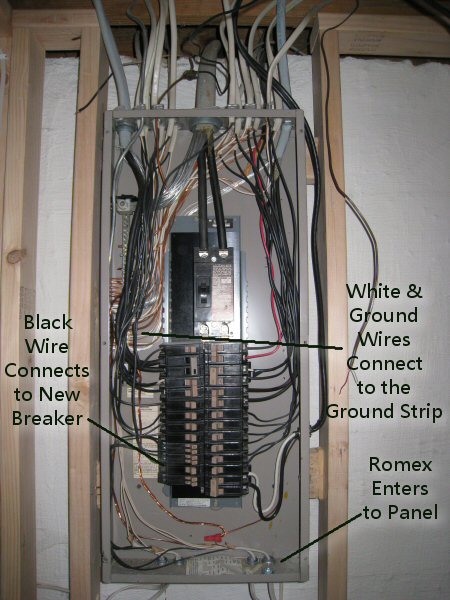
Credit: www.oneprojectcloser.com
Frequently Asked Questions On Are Hot Water Heaters 220 Or 110
Does An Electric Water Heater Need 110 Or 220?
An electric water heater typically requires a voltage of 220.
Can I Run A 220 Hot Water Heater On 110?
No, you cannot run a 220 hot water heater on 110 volts. The heater requires 220 volts to function properly and provide hot water. Using 110 volts will not generate enough power for the heater to work efficiently.
Are Hot Water Heaters 220 Volt?
Yes, hot water heaters are typically 220 volts.
What Voltage Is A 40 Gallon Water Heater?
A 40-gallon water heater usually operates at a voltage of 240 volts.
Conclusion
To determine whether hot water heaters operate on 220 or 110 volts, it is crucial to consult the manufacturer’s specifications. Some models may require a higher voltage, while others can function with standard household voltage. Understanding the proper voltage is essential for ensuring the safe and efficient operation of your hot water heater.
Always refer to the manufacturer’s guidelines and consult a professional if you are unsure. By following these recommendations, you can enjoy a reliable and hassle-free hot water supply in your home.

